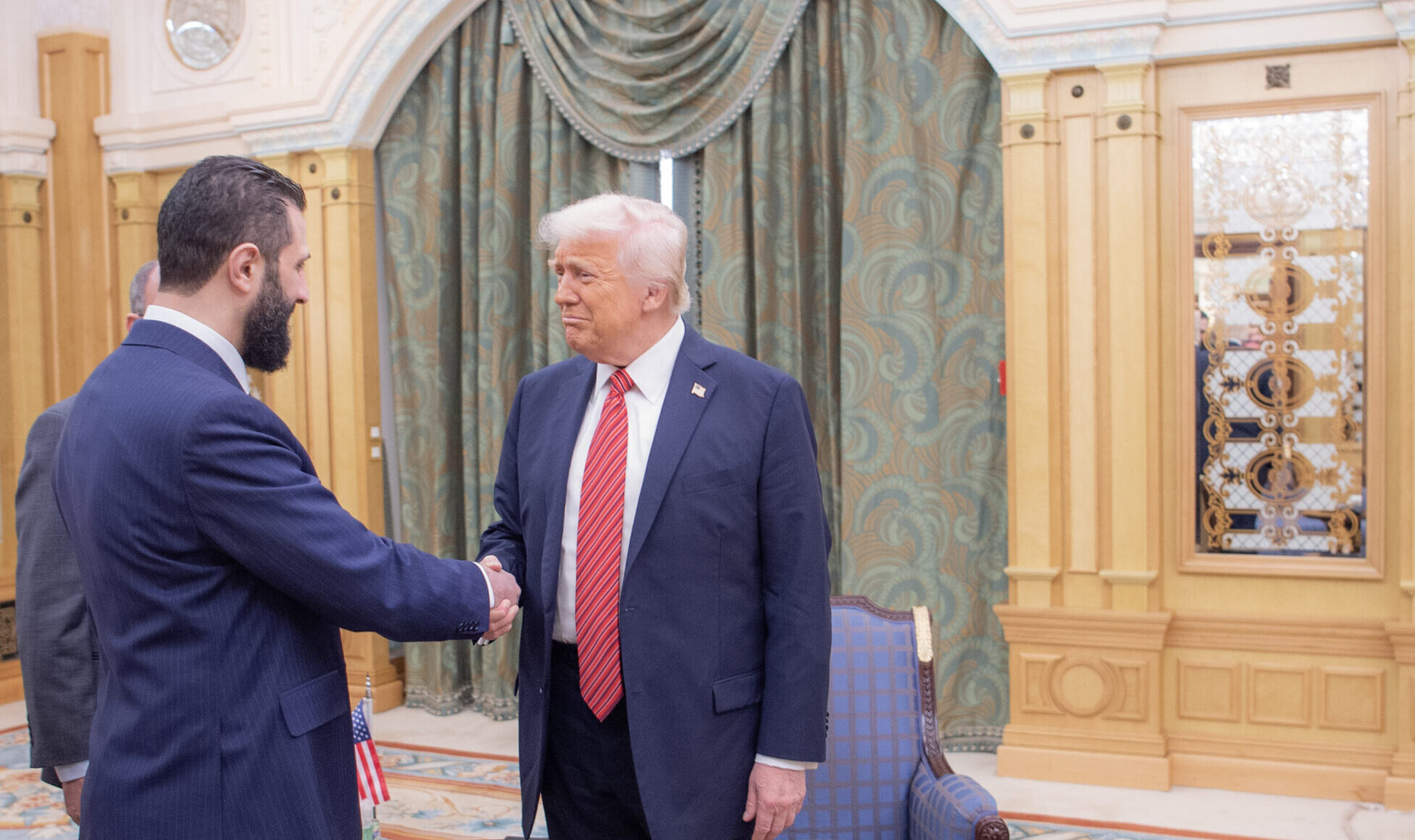Young Voters Are Not Flocking to Paul Ryan (II)
Kirsten Powers cites the Pew survey I mentioned yesterday to push the idea that Millennials are “turning to Ryan”:
For those who think those [Zogby] numbers are an anomaly, take a look at Pew’s 2011 polling that found that among 18-29 year olds, 46 percent supported Ryan’s proposed Medicare changes with only 28 percent opposing (the rest had no opinion). Among 30-49 year olds it was 38 percent approving and 36 percent opposed. The strongest opposition to Ryan’s plan comes from those over 65, who ironically won’t even be affected by his plan since it would only apply to those 55 and under. Pew found that age, not party identification was the biggest predictor of how a person would feel about his plan.
Powers is right that younger voters are more likely to support changes to Medicare, but it doesn’t follow from this that they are moving to support the Republican ticket because of this or because of Ryan. Younger voters tend not to rate fiscal issues as a top priority. As Scott Conroy wrote yesterday:
The federal budget deficit was named as the top concern by just 10.5 percent of young respondents in the CIRCLE poll, while Social Security and retirement clocked in at only 2.9 percent.
Almost everything we know about Millennial political attitudes tells us that Paul Ryan is not the sort of politician most of them are inclined to support. Their political experience would also tend to bias them against a Bush-era Republican such as Ryan. As Pew reports, those who came of age during the Bush-Obama years are much more likely to vote Democratic than the electorate as a whole. Overall, Millennials self-identify as conservative less than any other generation, and they self-identify as liberal more than any other. In addition to cultural and demographic changes that make Millennials less likely to vote Republican, their main experience with Republican governance was George W. Bush’s administration, which has understandably alienated them on several fronts.
Millennials were far more likely to support Ron Paul during the Republican primaries, and he frequently won the Millennial vote outright in those contests. This was not surprising. Ron Paul’s views were usually closer to Millennials’ views than any of the other Republican candidates, and his campaign made a point of trying to win young voters. On the issues that separated Reps. Paul and Ryan during the Bush years, Ryan was on the side that most Millennials opposed. Now we’re supposed to believe that Millennials are drawn to Paul Ryan because he has started preaching fiscal responsibility after years of doing the opposite? It makes no sense.
P.S. Ryan wants to be known as a big supporter of the hegemonist version of American exceptionalism. Millennials are by far the least likely generation to agree with the statement that the U.S. is “the greatest country in the world.” Just 32% agree.
